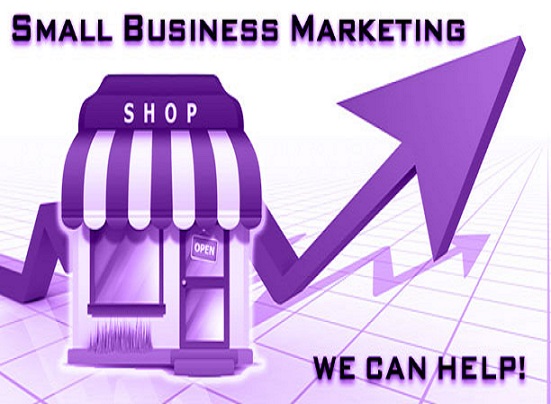Your small business has a huge advantage over the faceless corporations people equate with “big” business. A small business has a friendly feel, the potential to develop a relationship between you and your customers, and the opportunity to prioritize wisely at the beginning of your business growth. Big business has big budgets; small business has considerably less to spend, but can invest in marketing effectively by remembering the basics.
Build on a solid foundation
The solid bedrock of any business is the quality of product or service being delivered. If you don’t have that, any amount of marketing is futile because the challenge becomes getting new customers to replace the previous customers who no longer want to be involved with your business. If you are giving them what they want, they will come back for more and bring friends.
The type of quality you offer is important, however. As Seth Godin points out in his blog, misunderstanding quality is what caused Kodak to drop the ball for the common customer. Kodak focused on developing a high-end professional film but most folks just wanted to take quick, cheap pictures of their family and friends. Learn what your customers want and give it to them.
Get advice and support
Seth’s Blog and Small Business Mavericks are two excellent examples of marketing blogs geared to give you small daily doses of effective marketing advice. Some days may not seem to apply to your specific needs but they will gradually accumulate painlessly into a bigger perspective on your marketing options. For example, Small Business Mavericks recently posted on how to make your marketing more visual. These are only two of many worthy blogs you can read on small business marketing.
Join groups in your area for local businesses. The Chamber of Commerce may seem like a boring lunch once a month but it gives you a chance to network and be part of a community. Look for opportunities to be part of your local business climate and reap the benefit of group effort.
Give people a way to connect with you
Facebook has exploded because people want to feel connected. When a small business has a facebook page, twitter feed, etc. they have given the customer a way to connect. Start your own blog and respond to comments. Run contests on facebook and join with other businesses to make the pot sweeter (and bring all their contacts into your sphere). Every type of social media has a potential for connecting with customers if you look for it, and often those connections will mean new business as the friend-network expands.
Offline, you can have QR codes on print ads with easy-to-remember website addresses and get smartphone scanners connecting instantly or folks remembering what to type when they get home.
Design for memorability and easy communciation
Have colors associated with your business. Just as sports teams are known for their colors so can your business be identified if all your stuff reflects the same design and color. Choose a logo that indicates what you do and who you are; it helps people remember when they see it.
Your website should carry the same theme and be easy to use. A good test would be to have some non-techie friends try to find you on the net, then try to figure out how to get your product or service. If someone who is unfamiliar with computers can figure out your site, you are good.
Respect the limits of technology
It might seem like everybody has a smartphone and broadband internet, but that isn’t the case. Your website needs to be available to those on slower lanes of the web, too. That means less fancy stuff or customers with dial up may give up. It’s better to have a secure site with no errors than a dancing mascot skittering across the page.
No spell-checker replaces the human. Proofread all your material and check your links. Update your site regularly, perhaps with blog entries or the latest developments. If you add links to articles and information pertinent to your customer, you will develop a reputation for authority but if your site has “too” where it should have “to” or “loose” instead of “lose”, you lose credibility.
Give your customer service reps the power to fix the problem
There is nothing that is better marketing than good customer service. Treat your customers the way you want to be treated when you call someone else. The novel experience of getting the problem fixed by the first person they spoke to will be talked about and is worth investing in. It is far better to keep your old customers happy and telling the world how great your business is. That will bring new ones knocking at your door!
This post was written by Jeff Shjarback. Jeff Shjarback, MBA is a Digital Marketing Consultant, Writer and Blogger that enjoys blogging about online marketing, small business, lead generation, economics, innovation & emerging technology, future trend analysis and business philosophy. To learn more about Jeff, you can visit his Google Author Profile.
Image License All rights reserved by CityWebCompany



